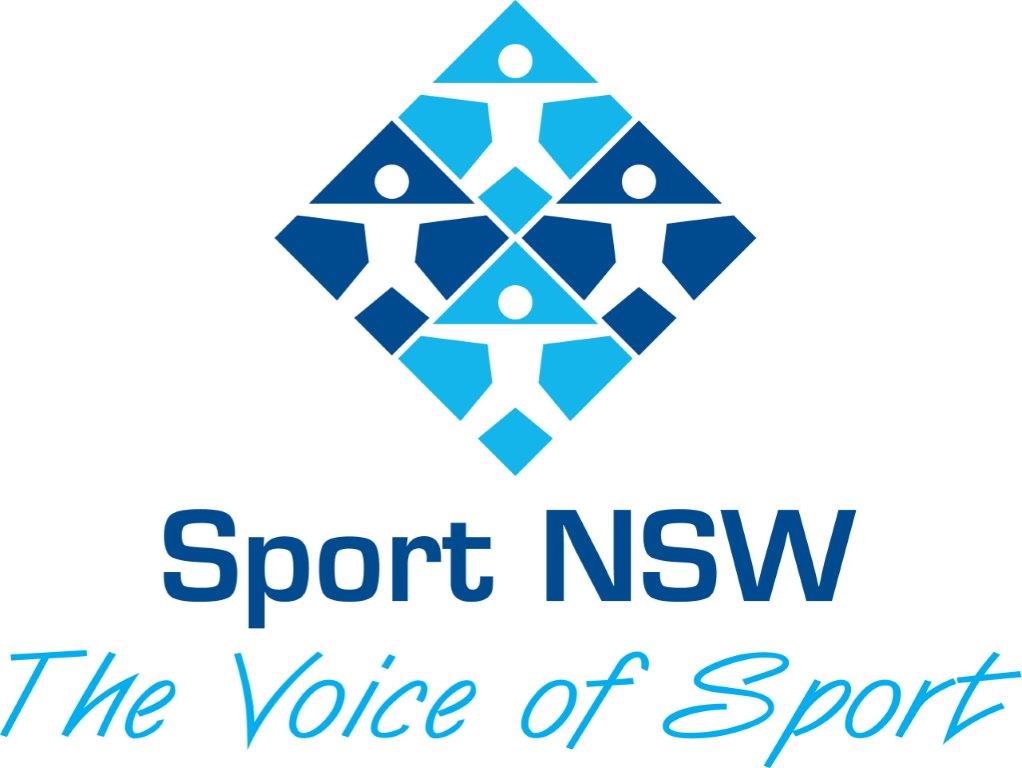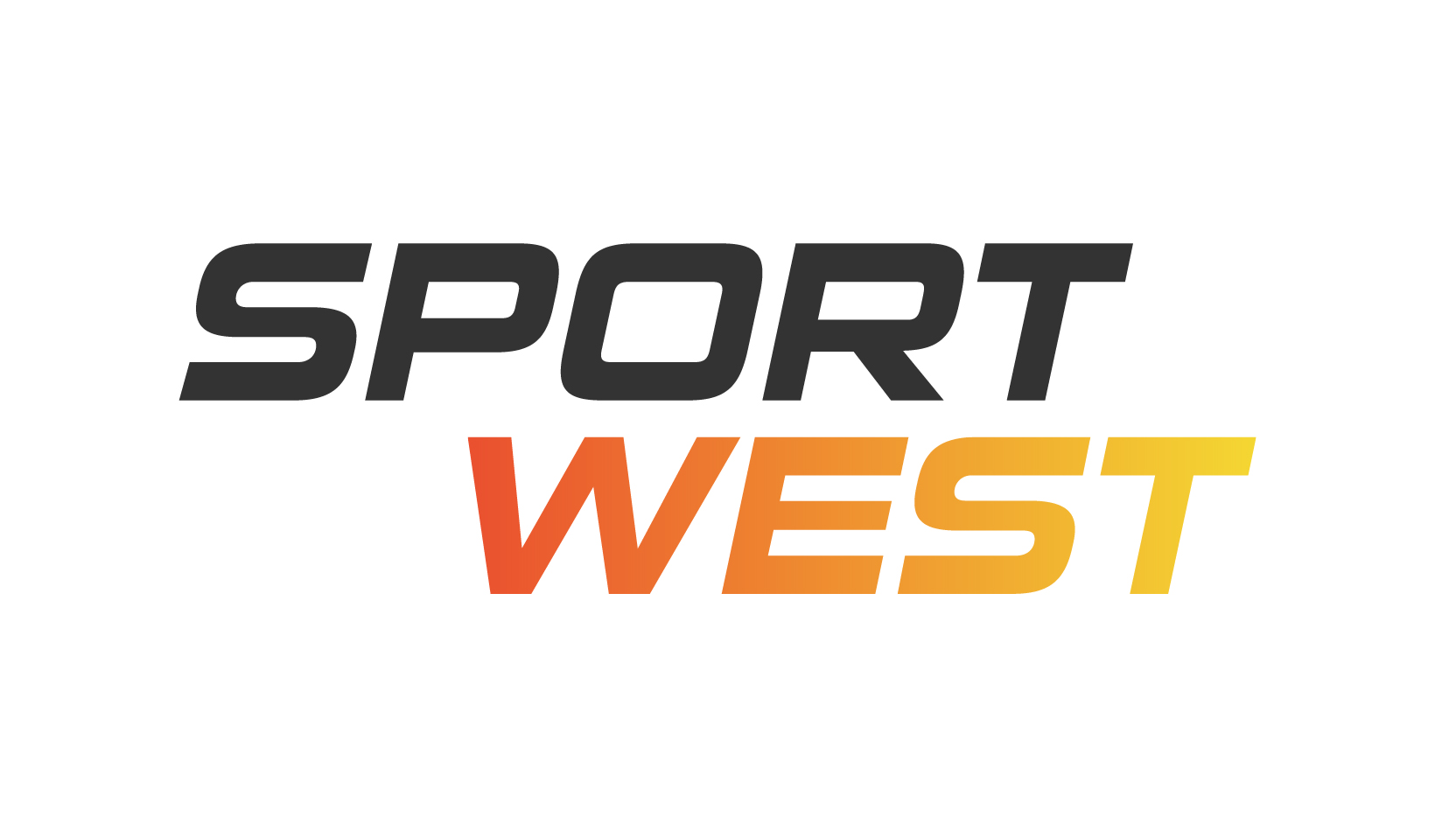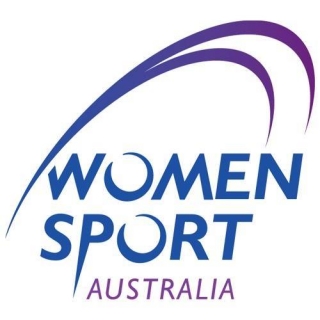I’m always intrigued by the amount of speculation surrounding high level appointments in sport. While I understand the nature of water cooler discussions and the fact casual gossip in the workplace is commonplace; publicly naming candidates has the potential to harm or even ruin careers. And the sad thing is, based on my experiences at least, when a candidate group is leaked or announced through “a reliable source”, they are usually wrong.
The appointment of the Athletics Australia Head Coach (March, 2015) is a good example of this speculation in action. In this instance the names of the entire shortlist group has been published as part of the lead story on the AOC “blocking the appointment” of a particular candidate under consideration. I won’t validate the story by repeating the names, however it is safe to say the author(s) had scant regard for the career of any of the people they named, regardless of the authenticity of the story.
I recall, when Sportspeople Recruitment was recruiting the Chief Executive Officer, Canterbury Bulldogs in 2013 a number of news stories broke naming the candidates under consideration and others announcing the appointment was “a done deal” and a “Rugby League identity was most likely to get the job”. Not surprisingly, these were wrong on all counts.
In this particular instance the news hacks acted in an unprofessional manner contacting a list of candidates they had developed as the “most likely suspects” and then offered each the choice to “confirm you are a candidate or we’ll publish your name anyway”. So a list was eventually published containing mostly names of candidates that had denied they were under consideration or simply weren’t under consideration.
The thought of appointing a woman into the role was so novel that when Raelene Castle emerged as the successful candidate for the Bulldogs CEO they simply hadn’t seen this coming. And besides, why let the facts stand in the way of a good story right?
There’s plenty more examples of reckless candidate speculation I can recall over these past 20 years; and in each case I have to question whether the journalist (or the Editor) has applied the public interest test before deciding to cover a story.
The candidates applying for the vast majority of roles in sport are not “public figures” by any stretch of the imagination. So, does the public have a right to know who has applied for a particular role? Does anyone, other than those directly impacted by the appointment really care anyway?
What concerns me most though is the possible career implications for any person publicly named as a candidate, whether correct or not. This is the collateral damage of misinformation and what I regard as sloppy, unprofessional journalism.
Every candidate has the basic right to expect their job application is confidential and remains so throughout the entire recruitment process. What recourse does a person have when they are incorrectly named as a candidate?
How does an employee answer a “please explain” demand from their employer after they’ve been named as a candidate for another job? How might this “naming” impact on the career of the employee?
There are real life implications in play here and everyone in the selection “chain” has to understand how important it is to protect the confidentiality of each and every candidate.
So, if you are ever asked by a journalist whether you are an applicant for a role, simply tell them you heard they had recently applied for a role with competitor and thought their boss would like to know.
RM – Sportspeople Recruitment
First Published 2015





